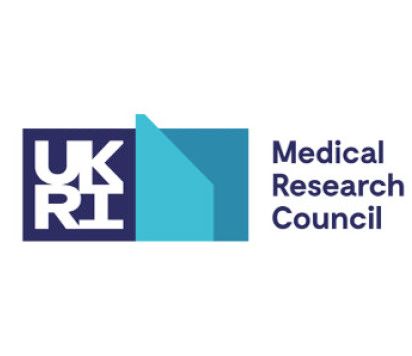Natalie Ness
Project Title: Investigation of the role of astrocytes in encoding circadian function
Supervisor: Dr Marco Brancaccio
Location: Level 5, Burlington Danes Building, Hammersmith Campus, Du Cane Road, W12 0NN
About Me
I have been awarded an Imperial College London President’s PhD scholarship to investigate astrocytic circadian function and its mis-regulation in the early stages of Alzheimer’s disease in the Brancaccio laboratory within the Department of Brain Sciences.
Prior to joining Imperial, I studied Natural Sciences at Trinity College Dublin, where I specialised in Genetics. There, I developed a strong interest in neural function and neurodegeneration. Upon completing my undergraduate studies, I joined Imperial for an MRes in Bioengineering in the Schultz lab. In my research project, I made a computational model of the hippocampal CA1 network and showed that synapse loss was sufficient to produce the place cell abnormalities observed in experimental models, which have been shown to underlie navigational deficits in Alzheimer’s Disease.
Qualifications
- 2019-2020: MRes in Bioengineering (Distinction) from Imperial College London
- 2015-2019: BA in Natural Sciences (Genetics) from Trinity College Dublin
Research Interests
I am interested in how astrocyte-neuronal interactions shape brain function. My research project focuses on understanding the role of astrocytes in driving circadian rhythms in physiology and behaviour. To address this, my project uses longitudinal, multiplexed imaging of ex vivo brain slices together with pharmacological and intersectional genetics tools to investigate how astrocytic timekeeping mechanisms and gliotransmission regulate neuronal activity and neurotransmitter levels within the suprachiasmatic nucleus, the central circadian pacemaker of the brain.
Selected publications
Ness N, Schultz SR (2021) A computational grid-to-place-cell transformation model indicates a synaptic driver of place cell impairment in early-stage Alzheimer’s Disease. PLoS Comput Biol 17(6): e1009115. https://doi.org/10.1371/journal.pcbi.1009115
Brancaccio M, Wolfes AC, Ness N (2021) Astrocyte Circadian Timekeeping in Brain Health and Neurodegeneration. In: Engmann, O., Brancaccio, M. (eds) Circadian Clock in Brain Health and Disease. Advances in Experimental Medicine and Biology, vol 1344. Springer, Cham. https://doi.org/10.1007/978-3-030-81147-1_6
Contact Details
Email: n.ness19@imperial.ac.uk
LinkedIn: natalie-ness

